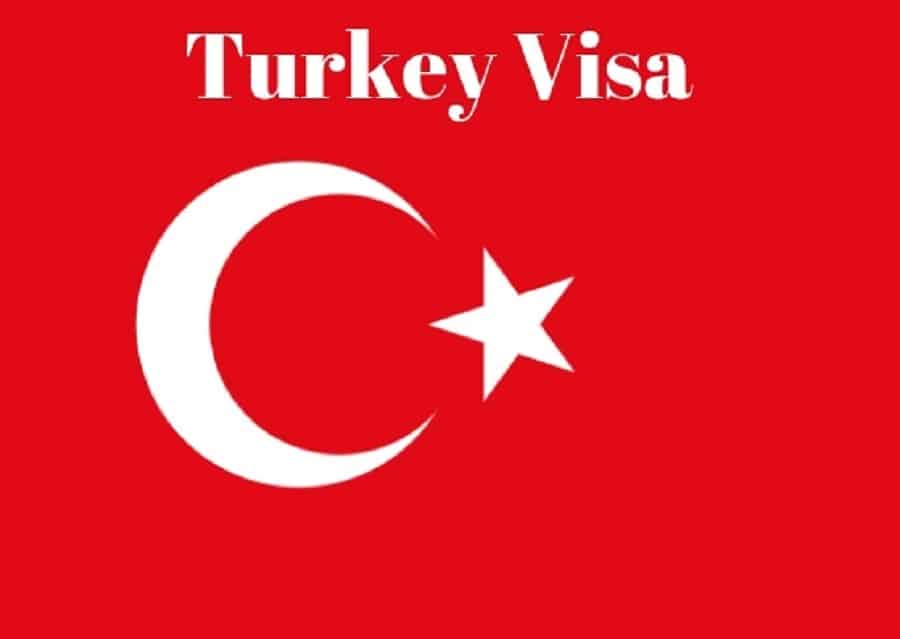If you are a Maldivian citizen or an Omani citizen and you want to visit Turkey, then this guide is for you. This article will tell you everything you need to know about obtaining a visa for Turkey and what to bring with you when you go. Turkey Visa for Maldivian Citizens
How to obtain a visa for Turkey
Obtaining a visa for Turkey is relatively easy, but there are a few things you will need to bring with you when you go to the Turkish embassy or consulate. First, make sure that you have your passport with you. You will also need to provide your passport information–name, date of birth, and nationality–to the officials at the embassy or consulate. Finally, make sure that you have your official travel documents (a plane ticket and a hotel reservation) in hand.
What to bring with you on a Turkey visa
If you’re planning on traveling to Turkey, make sure to have your passport, a valid visa, and plenty of money ready. Here are some things you’ll need in order to obtain a visa:
– Your passport information (full name, date of birth, etc).
– A recent photograph (2×2 inches)
– Proof of onward travel (flight ticket, hotel reservation, etc).
– Evidence that you have sufficient funds to cover your stay in Turkey (cash or bank statement, credit card statement dated within the past six months). Turkey Visa for Omani Citizens
Things not to bring with you on a Turkey visa
Turkey is one of the most popular tourist destinations in the world, and for good reason: the country has stunningly beautiful scenery, delicious food, and welcoming people. However, there are a few things you should avoid bringing with you when traveling to Turkey:
1. Criminal records or outstanding court orders from your home country. Turkish authorities may not be familiar with judicial systems in other countries and may refuse to grant you a visa if they find out about any criminal record or court order from your home country.
2. Illegal drugs or weapons. Turkish law prohibits the possession of drugs and weapons, and violators can face serious penalties. This includes jail time and fines. If you’re carrying any illegal drugs or weapons on your trip to Turkey, please be aware that you may be subject to arrest and prosecution. It’s always best to check with local authorities before traveling to ensure that your actions will not violate Turkish law.
3. False documents. Make sure all of your documents are genuine and up-to-date before traveling to Turkey. If you’re stopped by police while in Turkey, having false documents could lead to serious problems for you (and possibly even jail time).
4. Unauthorised money transfers or travellers’ cheques. Travellers’ cheques and unauthorised money transfers are not accepted in many places in Turkey, including major tourist destinations like Istanbul and Antalya. This means that if you need to withdraw cash from an ATM on your
When traveling to Turkey
Visiting Turkey can be a rewarding trip if you are prepared. Obtain a visa prior to your travel and know the requirements before packing your bags.
There are many ways to get into Turkey, but the easiest way is to fly into Istanbul’s Ataturk International Airport (Istanbul-Atatürk) from most major countries in the world. Turkish Airlines is a good airline to fly with as they offer discounted rates for airfare and have excellent customer service.
Once in Turkey, visitors will need either a tourist visa or an e-Visa which can be obtained online or at most Turkish embassies/consulates outside of Europe. Visa requirements vary depending on your nationality, but generally speaking, all visitors must have a valid passport that has at least six months left until its expiration date and should also carry proof of onward travel, such as an airplane ticket. It is also advisable to bring photocopies of all important documents, including your passport photo page, visa application form (available at Turkish consulates), hotel reservations and tickets if applicable.
Turkish customs is relatively relaxed with most travelers allowed to bring in 1 liter of alcohol per person over 21 years old and up to 200 cigarettes (or 50 cigars). Other permitted items include medication, cosmetics, gifts for friends and family back home, and religious materials like Bibles. Visitors are not allowed to bring in weapons or ammunition, sharp objects such as knives and scissors, pornographic material or plants
